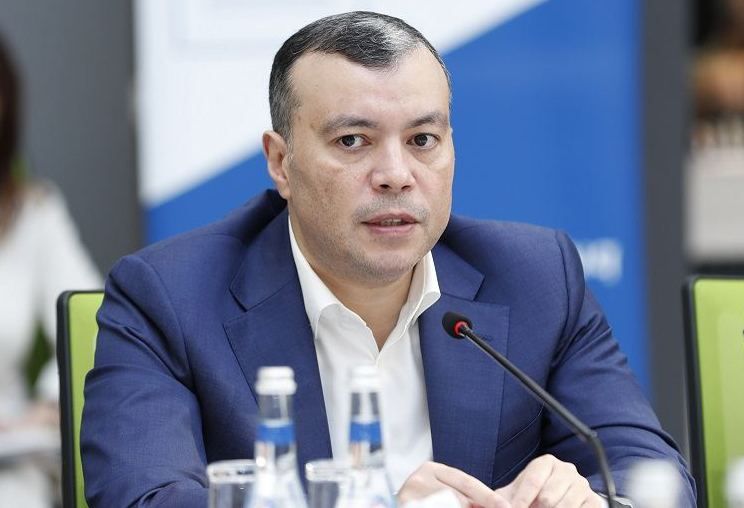Azerbaijan launches reforms to enhance public finance management efficiency

Azerbaijan has initiated a series of reforms aimed at boosting the efficiency and transparency of public finance management, Finance Minister Sahil Babayev announced during today’s plenary session of the Milli Majlis (Parliament) of Azerbaijan, Azernews reports.
The planned reforms will focus on a comprehensive analysis and optimization of the state budget’s revenues and expenditures. Additionally, efforts will be intensified to improve state financial control, treasury operations, and accounting practices.
A key element of the reforms is the integration of digital management tools and modern electronic solutions to streamline the budgeting process.
Minister Babayev also emphasized that all feedback and proposals raised during the Milli Majlis discussions on the budget will be carefully reviewed as part of the reform process.
“We are committed to ensuring that these reforms enhance fiscal discipline and contribute to more effective public financial governance,” the minister added.
Minister Sahil Babayev also addressed concerns raised by members of the Milli Majlis regarding discrepancies between the forecasted and actual indicators of the 2024 state budget.
Minister Babayev stressed that the issue should be approached comprehensively, noting that both revenue and expenditure forecasts must be assessed separately, as changes in either directly impact the overall budget deficit.
“The budget deficit is essentially a derivative of both revenue and expenditure. Therefore, fluctuations in either component naturally influence the final deficit figure,” the minister stated.
According to Babayev, one of the primary reasons for higher-than-forecast revenue execution is the global oil price. He explained that oil prices are set conservatively during the budgeting process. However, when actual market prices exceed forecasts, it significantly boosts state and consolidated budget revenues.
The minister highlighted that deviations in non-oil and gas tax revenues are also tied to broader economic indicators such as GDP.
“The forecast for non-oil and gas tax revenues is based on projected nominal and real GDP growth. Numerous factors can influence GDP, including external economic trends and domestic developments—particularly increased imports related to the reconstruction efforts in the Garabagh region,” he said.
Babayev added that improvements have already been made to forecasting methods and noted that, based on the first four months of 2025, actual revenues are 99% aligned with projections.
On the expenditure side, the minister explained that higher spending levels last year were largely due to budget adjustments stemming from increased oil and gas revenues. These funds were predominantly allocated to capital expenditures and disbursed in the last quarter of the year.
“Most of the additional spending was capital investment, which requires adherence to procedures such as procurement. That’s why the execution of these funds was concentrated toward the end of the year,” Babayev noted.
Here we are to serve you with news right now. It does not cost much, but worth your attention.
Choose to support open, independent, quality journalism and subscribe on a monthly basis.
By subscribing to our online newspaper, you can have full digital access to all news, analysis, and much more.
You can also follow AzerNEWS on Twitter @AzerNewsAz or Facebook @AzerNewsNewspaper
Thank you!

